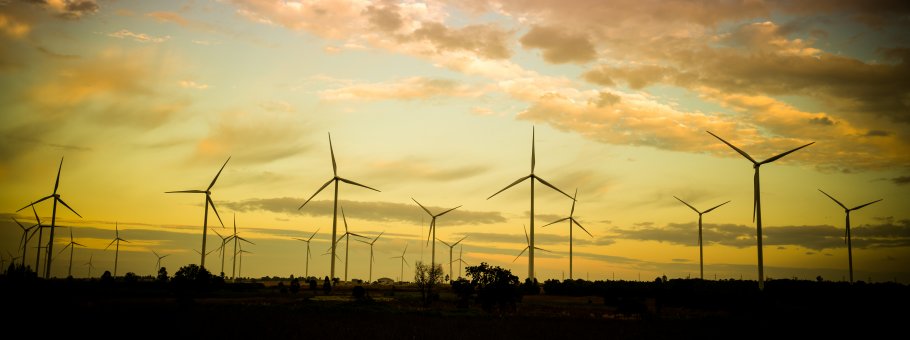-
Transition towards Renewable Energy
Transition towards Renewable Energy
Potentials and Pitfalls for Policy-Makers: Transition towards Renewable Energy

Project Brief
The WANA Institute will analyse the energy transition in the WANA region, focusing on Jordan, Palestine, Lebanon, Egypt, Tunisia, Algeria, and Morocco. The ensuing baseline report on the region’s energy transition will be based on a comprehensive literature review and primary source data collected through stakeholder interviews. The report will answer several key questions, including why energy transition is so important, and will draft a set of arguments to encourage policy-makers in the various countries covered in the study to act accordingly.
Overview
With world population figures rising and an increase in the dependency on fossil fuels, the time is ripe to push for renewable energies and sustainable economies. Not only does conventional fossil fuel burning and extraction impose a huge environmental burden on the planet, the oil supply cannot be sustained in the long term.
According to a report by UN-ESCWA on the sustainable energy framework in the WANA region under the title “Arab Region Progress in Sustainable Energy Global Tracking Framework Regional Report,” the region depletes its energy and water resources faster than any other region in the world.
Sustainable energy has become part and parcel of any country’s developmental success. Energy is interconnected with several key factors — the security of water and food supplies, universal access to modern health services and education, gender equality and women’s empowerment, the creation of sustainable living spaces, technology innovation and critical progress in regional mitigation of, and adaption to, climate change.
The WANA region, which includes some of the world’s largest fossil fuel-producing countries, plays an important role in the supply of energy (mainly oil and natural gas) worldwide. Overall, the countries in this region can be classified into two main categories: net energy importers and net energy exporters. With the exception of Algeria and Libya, all southern and eastern Mediterranean countries are currently net energy importers. In particular, the dependence rate on foreign resources in Jordan, Lebanon, and morocco is more than 90 per cent. Conversely, all of the Gulf Cooperation Council (GCC) countries, plus Iran and Iraq, are energy exporting countries, in addition to Algeria and Libya, according to an IAI publication.
